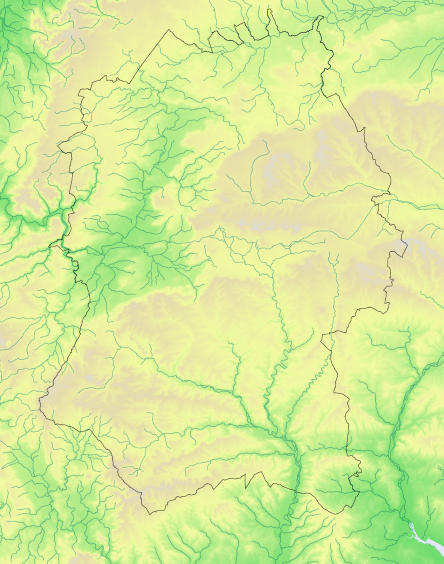Robin Erithacus rubecula
Breeding distribution change
Abundant resident/partial migrant, also winter visitor from Fenno-Scandia
Atlas species lists
- Breeding distribution 1995–2000
- Summer abundance 1995–2000
- Winter distribution 1995–2000
- Winter abundance 1995–2000
- Breeding distribution 2007–2012
- Summer abundance 2007–2012
- Winter distribution 2007–2012
- Winter abundance 2007–2012
- Breeding distribution change
- Summer abundance change
- Winter distribution change
- Winter abundance change
More Robin maps
- Breeding distribution 1995–2000
- Summer abundance 1995–2000
- Winter distribution 1995–2000
- Winter abundance 1995–2000
- Breeding distribution 2007–2012
- Summer abundance 2007–2012
- Winter distribution 2007–2012
- Winter abundance 2007–2012
- Breeding distribution change
- Summer abundance change
- Winter distribution change
- Winter abundance change
Map explanation
This map shows where changes occurred in the breeding season distribution of the species in Wiltshire between 1995-2000 and 2007-2012, as revealed by the fieldwork for Birds of Wiltshire (Wiltshire Ornithological Society 2007) and the shared fieldwork for Bird Atlas 2007-2011 (BTO 2013) and for Wiltshire Tetrad Atlas 2007-2012.
Gains and improvements
Status
Nos tetrads

Absent to present
13
1%

Present to breeding
84
9%

Absent to breeding
10
1%
No change
Status
Nos tetrads

Present in both
40
4%

Breeding in both
567
62%
Losses and declines
Status
Nos tetrads

Present to absent
2
<1%

Breeding to present
190
21%

Breeding to absent
2
<1%
Robins breed throughout Europe (except in the northernmost reaches of Fenno-Scandia and Russia and in the open lowlands north of the Black and Caspian Seas), and in western Siberia, parts of the Caucasus, Asia Minor, North Africa and on some Atlantic Islands. They are mostly resident except in the northeastern half of Europe from where they migrate west and south in winter.
In the British Isles they are found everywhre except in some Scottish islands and exposed uplands. There was a 2% range expansion between the 1968-72 Breeding Atlas and Bird Atlas 2007-11 as they moved into some of the few previously unoccupied areas in the Scottish Islands and Caithness. Population density has also intensified: BBS returns showed a 20% increase in population numbers between 1995 and 2007.
In Wiltshire Robins have long been so common and so taken for granted that they get only the briefest of mentions in the historical records. Birds of Wiltshire recorded them in 885 tetrads (the few gaps were mostly in the military areas of Salibury Plain), with breeding recorded in 759 of them. WTA2 recorded them in 904 tetrads, with breeding in 661.
References
The following references are used throughout these species accounts, in the abbreviated form given in quotation marks:
“1968-72 Breeding Atlas” – Sharrack, J.T.R. 1976: The Atlas of Breeding Birds in Britain and Ireland. T. & A. Poyser
“1981-84 Winter Atlas” – Lack, P.C. 1986: The Atlas of Wintering Birds in Britain and Ireland. T. & A. Poyser
“1988-91 Breeding Atlas” – Gibbons, D.W., Reid, J.B. & Chapman, R.A. 1993: The New Atlas of Breeding Birds in Britain and Ireland 1988-91. T. & A. Poyser
“Birds of Wiltshire” – Ferguson-Lees, I.J. et al. 2007 : Birds of Wiltshire, published by the tetrad atlas group of the Wiltshire Ornithological Society after mapping fieldwork 1995-2000. Wiltshire Ornithological Society.
“Bird Atlas 2007-2011” – Balmer, D.E., Gillings, S., Caffrey, B.J., Swann, R.L., Downie, I.S. and Fuller, R.J. 2013: Bird Atlas 2007-2011: the Breeding and Wintering Birds of Britain and Ireland
“WTA2” – ("Wiltshire Tetrad Atlas 2 ") the present electronic publication, bringing together the Wiltshire data from “Birds of Wiltshire” and “Bird Atlas 2007-11”, together with data from further fieldwork carried out in 2011 and 2012.
"Hobby" - the annual bird report of the Wiltshire Ornithological Society.

